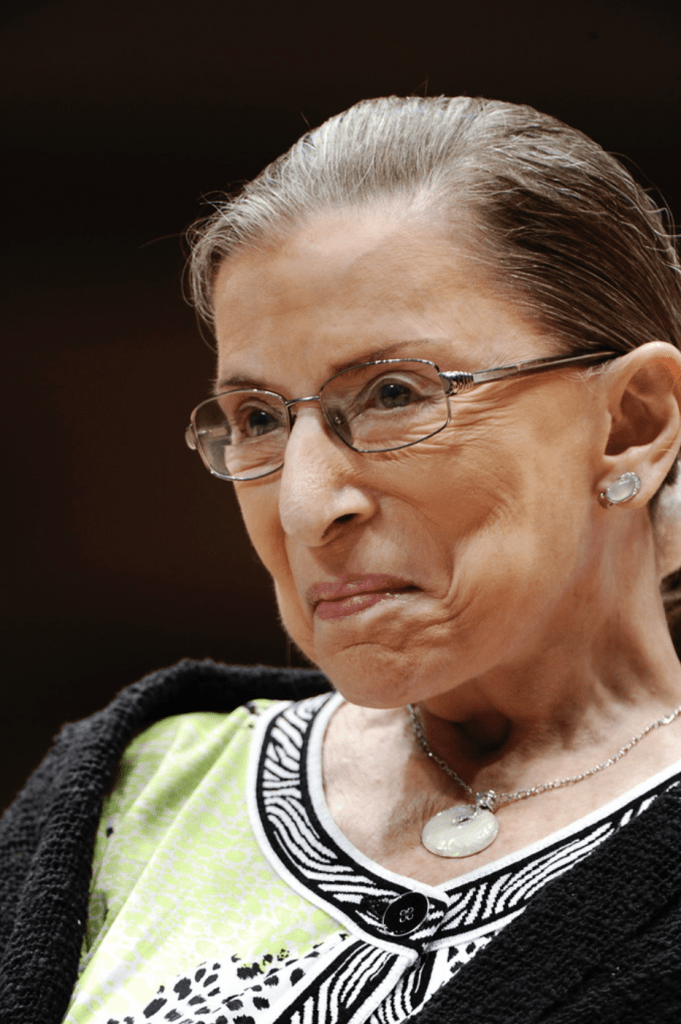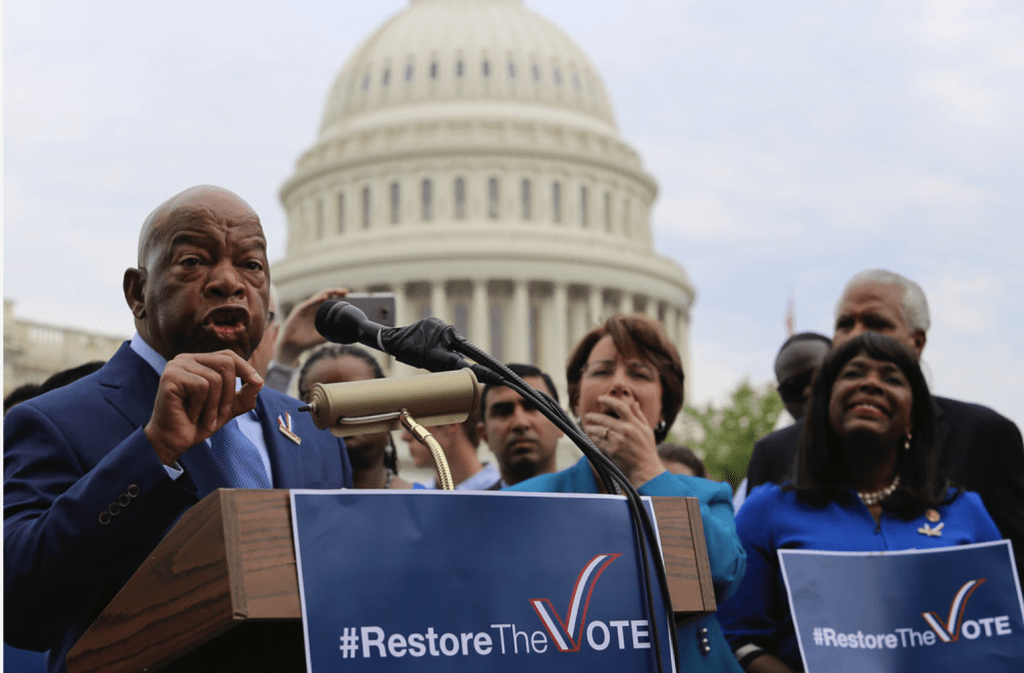
On Monday, February 7, 2022, the United State Supreme Court blocked the creation of a second majority-Black congressional district in the state of Alabama for the 2022 election. This action further undermines the significance and precedent of the Voting Rights Act of 1965, a monumental piece of legislation that continues to fight for the equality of the voices and votes of people of color.
Context
The issue of the redrawing of the AL congressional map arose earlier this year after a court case was brought forth by the ACLU of Alabama and NAACP Legal Defense and Education Fund, Inc. (LDF). In 2021, the Alabama legislature, which has a GOP majority, was given the responsibility of redrawing the map in accordance with the 2020 census. The legislature drew only one majority Black district, which was not reflective of the census that shows 27% of Alabama’s residents identify as Black. The plaintiffs argued that because of this drawing, “Black voters have less opportunity than other Alabamians to elect candidates of their choice to Congress.” The panel of district court judges included two district judges appointed by President Donald Trump and a court of appeals judge appointed by President Bill Clinton. On January 24, 2022, the district court ordered the state to draw a new map, agreeing with the plaintiff that the initial drawing likely violates Section 2 of the Voting Rights Act, which bans racial discrimination in voting policies. The court gave the state two weeks to draw a new plan that includes two majority-Black districts. Failure to do so within the time period would result in the task being delegated to an expert.
The defense – the state – plead for the order to be put on hold while they appealed. The court turned down the plea, claiming the request was “effectively an unsupported motion for reconsideration” as the case had been characterized as a “straightforward Section Two case, not a legal unicorn.”
Alabama Goes to the Supreme Court
On January 28th, the state turned to the Supreme Court, asking the justices to freeze the district court’s order. The court granted said request and set the dispute for an oral argument in the fall. The decision was a 5-4 decision, with Chief Justice Roberts, Justices Kagan, Breyer, and Sotomayor dissenting. In her dissenting opinion, Justice Kagan emphasized that normally, a litigant asks the Supreme Court to freeze the lower-court order because it believes that the lower court got the law wrong. In this case, however, she argues that the district court made the proper, legal decision. Putting the ruling on hold “forces black Alabamians to suffer what under that law is clear voter dilution.”
Justice Brett Kavanaugh responded to Kagan’s dissent with his concurring opinion which highlighted two points: one, that the Court’s decision is simply putting the district court’s order on hold until the Supreme Court can review it in the fall; and two, that the Purcell principle – the idea that federal courts should not change state election rules shortly before an election – is applicable to the situation. Kagan’s response was that it is not too late to require Alabama to redraw its maps prior to the election, as the district court’s initial two-week deadline did. Alabama’s primary election is not until May 24, 2022, giving the legislation plenty of time to properly allocate congressional districts as per 2020 census.
Implications of SCOTUS’s Decision
Black Alabamians like Evan Milligan, one of the four voters who sued Alabama for its new map, sees the ruling as a significant setback for Black voters like him. This fight is a personal one for him, a lifelong resident of Montgomery, the endpoint of the 1965 march from Selma that prompted Congress to pass the Voting Rights Act. Milligan shared that he lived in a home with four generations where the right to vote was sacred: “It was a house with a lot of conversation about the legacy of voting rights work and just the amount of resiliency and struggle that Black families have encountered, particularly in the Deep South and Alabama.” He is not the only one who is scared of such a legacy being tarred by a Supreme Court decision.
Harvard Law School Professor Nicholas Stephanopoulos, an expert in redistricting, commented on the impact a SCOTUS ruling in favor of Alabama could have: “If the court accepted Alabama’s argument, that would be the end of Section 2 as we know it. It would become harder for plaintiffs to win Section 2 cases, and states could eliminate many existing minority opportunity districts without violating the statute.” The Supreme Court’s opinion in the fall could set a dangerous precedent for congressional district mapmaking nationwide, eroding the legacy and applicability of the Voting Rights Act.
The Republican state legislators, who maintain the Alabama legislation currently, have continuously made the argument that the redrawing of the map makes the congressional district designation a matter of race. They argue the consideration of race in drawing electoral maps must be limited, which is why the legislation “adopted a map that used ‘race-neutral’ criteria.” Even in the district court case, the state argued the creation of a second majority-Black district would divide the suburbs of Mobile. The argument was rejected by the lower court, which noted that the school districts in Mobile were divided in precisely the same way. There would virtually be no difficulty in applying the new map; the only noticeable difference would be the recognition of a second majority-Black congressional district.

Next Steps
Despite the disappointing Supreme Court’s decision, Alabama’s black population has always persevered in the fight for civil rights, including the right to vote. It will only continue to do so.
I encourage all of you to follow this issue closely, read about the Voting Rights Act (specifically Section 2), vote in the primaries (May 24), and continue learning about the various policies and legislation that have been made possible by Black social justice and civil rights advocates.



